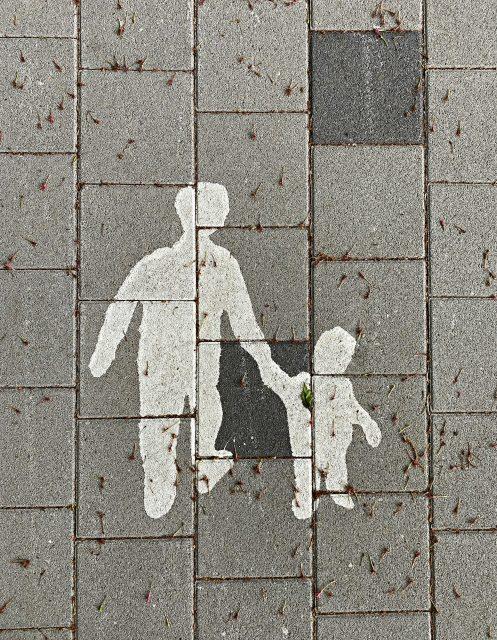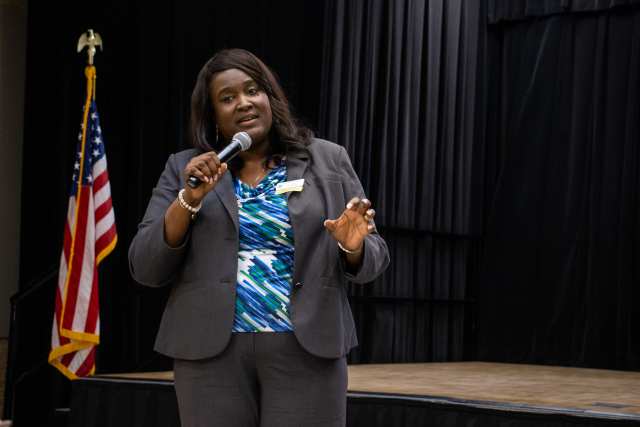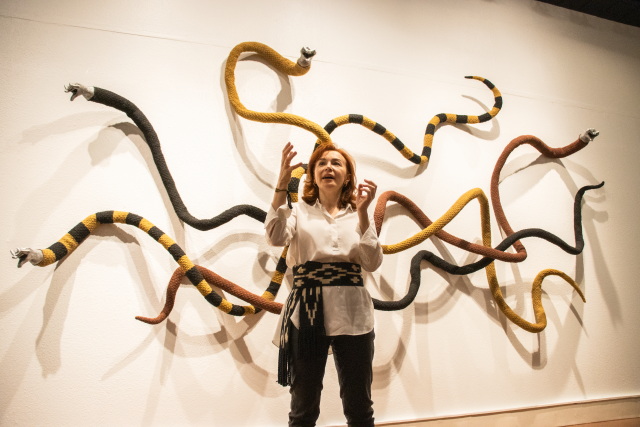OLLA MOKHTAR
campus editor
olla.mokhtar@my.tccd.edu
Parenthood is not a television series starring the parent, it’s one that stars the child.
For context, I was born in Arlington but when I was seven years old my parents decided it was time for me and two of my sisters to visit our homeland, Sudan. They didn’t think we’d learn enough about our culture or our mother tongue, so I spent seven years of my life in another country and another continent.
When I got back, I was behind in school. My parents thought it was a great idea to put me in AP classes when I didn’t know what it even stood for. So, I fell behind.
I also didn’t understand a lot of pop culture references either. The only Marvel movies I’ve seen were that of Superman’s “Smallville” and the recent “Spider-man: Across the Spider-verse.” My mind became blank with everything in between. And so, I fell behind again.
Whenever the majority of my friends say, “I need to graduate on time,” I don’t understand it. I was always behind and now that I’m getting ready to transfer, I realized the only reason I have that idea in my head is because I was never given the chance to catch up when I first got back. Parents need to give their children a break or else their children will break.
Every set of parents is different but the only reason some children “rebel” is because their parents didn’t let them be children. Obviously screaming at your parent and saying rude things unprecedented is unacceptable. But if one places unrealistic expectations on their children they are doomed to fail, which is the opposite of what they want their children to do.
An emotionally abusive parent is always given the greatest number of excuses as an adult. I can’t say how many times I’ve heard the word “but that’s your parent” coming out of someone’s mouth. But how can the child grow into a fully capable adult if they’re given no room to make mistakes.
This is especially prevalent in immigrant parents, and I saw it especially in mine. In Sudan, parents are to be obeyed by their children – no question. It doesn’t matter if they want to major in something else or they simply don’t want to go to a relative’s house just because they don’t feel like it. The child must do what is demanded of them or it’s considered disrespectful.
The most miniscule act of defiance is seen as disrespectful and is seen as rebelliousn when in reality, I just don’t want to study something I’ll regret doing for the rest of my life.
In the end it backfires on the child mostly because the skills and attributes needed to be everything the parent wants, immigrant or not, aren’t taught. Confidence, for instance, can’t really be taught in a classroom setting but it can be taught when the child is getting interrupted at the dinner table when they want to discuss something that’s bothering them. The parent can either teach them how to ask for everyone’s attention or fail to by telling them it’s disrespectful.
It’s a completely normalized experience for parents to permanently scar their children, but children aren’t even allowed to say how they actually feel for fear of even more emotional scarring.
It gets even worse with age because as the child grows up, they begin to understand why their parents are the way they are. But it’s already too late then, because by the time the child has detached from their parent and the relationship, is whenright about the time the parent starts to treat the child like the child.
But it becomes too late to passively ask for forgiveness. Allow your kids to fall behind because that is one of the only times the children will ask for your help.































